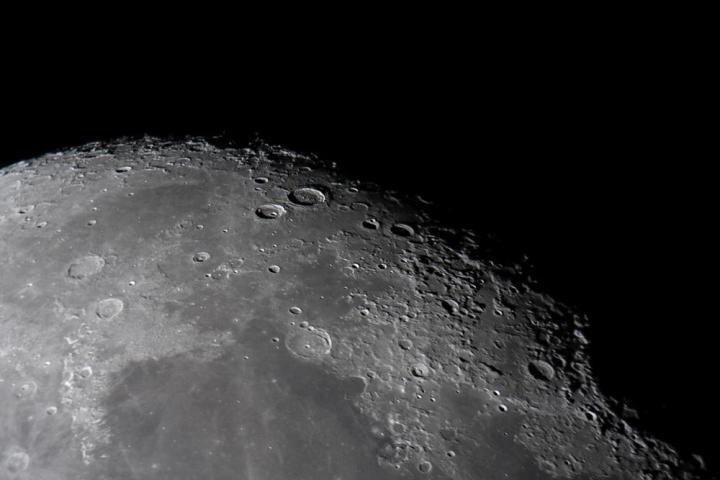
Dubbed “Ryvok,” this space taxi will be stationed on the space station and is meant to cut both costs and time needed to shuttle equipment and human capital to and from outer space. Each time Ryvok needs to make a trip, it will make use of a “modernized standard accelerator block,” which will provide enough energy for the shuttle to reach the moon in five days. And on its way back, the shuttle will dock on the space station by way of a 55-square-meter umbrella of sorts that will reduce its velocity.
While Ryvok is not the only space shuttle currently in the works for Energia, the company believes that it may be the most efficient option. “The cost of the Ryvok reusable manned spacecraft mission is a third lower than the costs of [alternatives],” said Energia’s representative, Yuri Makushenko.
The development of such a space taxi could have major implications on the future not only of space travel, but colonization as well. According to Thomas Reiter, astronaut and director of the European Space Agency Directorate of Human Spaceflight and Operations, the group is already looking into concepts like a “moon village.”
“We think the moon is an excellent destination for itself. [It has] good scientific reasons. It can probably provide resources if we find water, ice … we can generate oxygen, hydrogen, fuel for engines,” Reiter said. “It can be a platform for further explorations and, indeed, moon village will be a very interesting concept.” And, of course, having a taxi as a more convenient transportation between the space station and our closest neighbor in space will make this sort of exploration all the easier.


